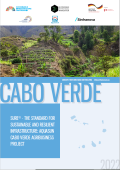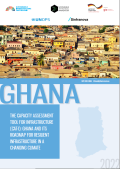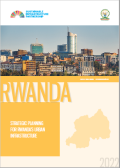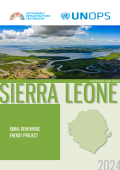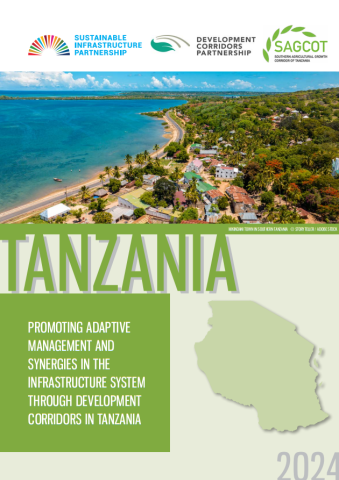
The case study examines the Southern Agricultural Growth Corridor of Tanzania (SAGCOT), a public-private partnership programme initiated to boost agricultural productivity, improve food security, reduce poverty, and ensure environmental sustainability in the United Republic of Tanzania.
SAGCOT is one of five development corridors in the country, covering nearly one third of Tanzania's geographic area and extending from Dar es Salaam to the northern areas of Zambia and Malawi. The corridor employs a cluster approach to integrate value chains and nucleus farms, supported by hard infrastructure like rail, road, and power. At the core of SAGCOT’s approach is the engagement with smallholder farmers, ensuring sustainability in their investment activities and promoting a harmonized approach across priority value chains.
SAGCOT's adoption of the Inclusive Green Growth (IGG) tool exemplifies its commitment to adaptive management and sustainability. The IGG tool, developed as a self-assessment mechanism, enables small-, medium-, and large-scale producers to evaluate their progress towards inclusive green growth and adapt their practices accordingly. By incorporating the inputs of local stakeholders, the tool allows for a targeted sustainability management approach that addresses on-the-ground demands. SAGCOT's efforts in using the IGG tool, coupled with its emphasis on partnerships and synergies, highlight its strategy for managing social and environmental impacts in the corridor's development.
Guiding principle #2 Responsive, Resilient and Flexible Service Provision, from the International Good Practice Principles for Sustainable Infrastructure.

